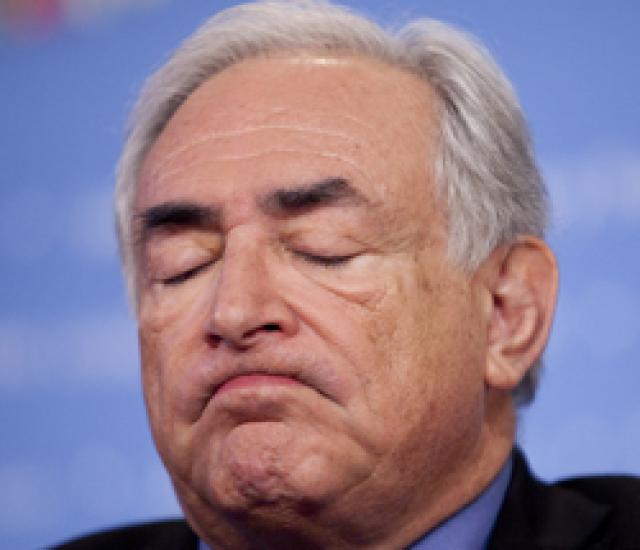
IMF Needs To Act Fast To Replace Strauss-Kahn
For European Union leaders looking for ways to contain the bloc’s worsening debt crisis, news of the weekend arrest of Dominique Strauss-Kahn on sexual assault charges came as a cruel and ill-timed shock. The fallout is almost certain to hit European debt markets and the euro this week.
Tom Buerkle
May 16, 2011


